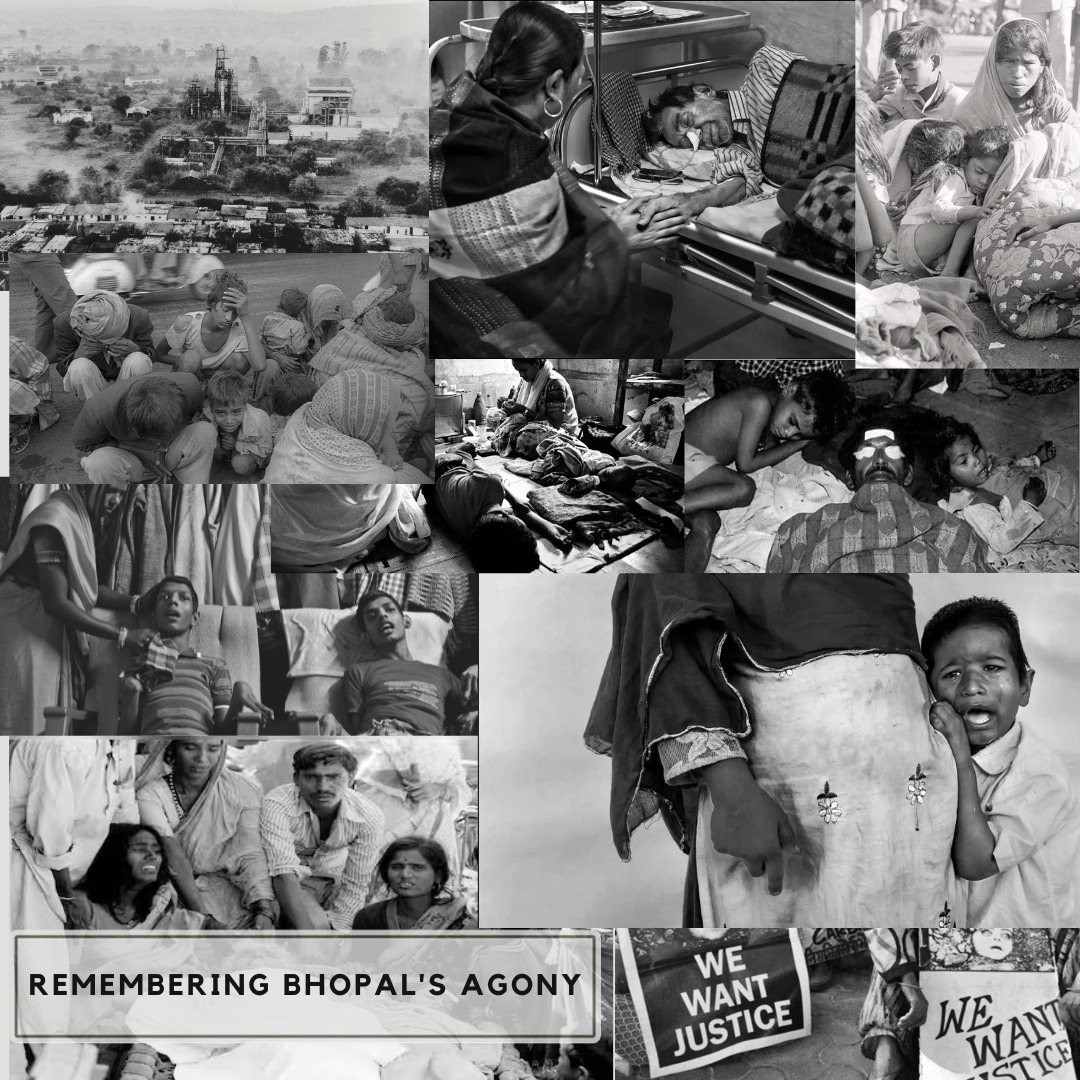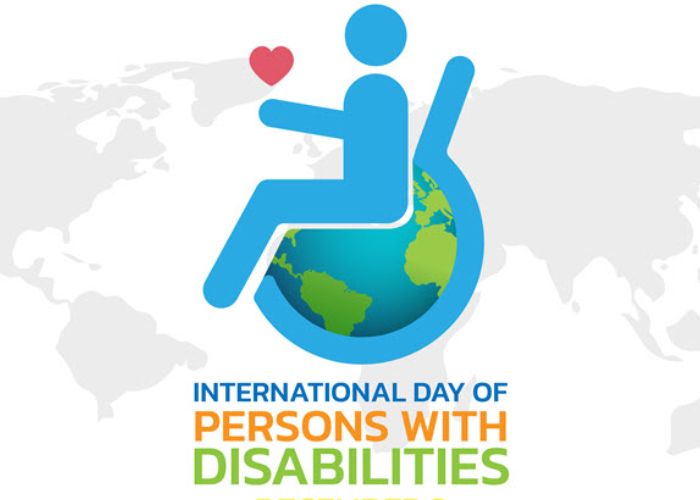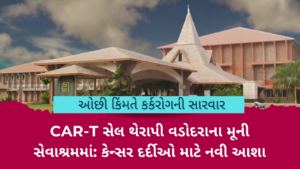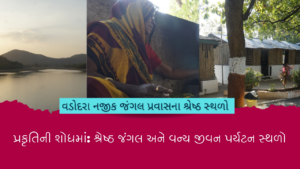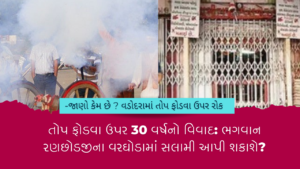– An article written by Shivani Gadre
Every year on December 3rd, the world observes the International Day of Persons with Disabilities (IDPWD), a day dedicated to promoting the rights and well-being of persons with disabilities in all spheres of society and development. This day serves as a reminder that individuals with disabilities are an integral part of our communities, and it highlights the importance of creating an inclusive and accessible world for everyone.
- A Brief History of IDPWD
The origins of IDPWD can be traced back to 1981, when the United Nations General Assembly proclaimed the International Year of Disabled Persons. This landmark year marked a significant shift in global awareness and understanding of disability issues. In 1992, the UN General Assembly adopted the Convention on the Rights of Persons with Disabilities (CRPD), a comprehensive treaty that sets out the fundamental human rights of persons with disabilities. IDPWD plays a crucial role in promoting the implementation of the CRPD and ensuring that the rights of persons with disabilities are upheld everywhere.
The International Day of Persons with Disabilities is a global call to action to break down barriers and create a world where everyone can participate fully and equally. This day serves as a platform to: raise awareness, advocate for change and to celebrate diversity for the disability community and recognizes the valuable contributions that persons with disabilities make to society.
- The Theme for 2023: “Leading the Way to a More Inclusive and Accessible Future for All”
The theme for IDPWD 2023 emphasizes the critical role that persons with disabilities play in shaping an inclusive and accessible future for all. It calls for transformative action to remove barriers and ensure that persons with disabilities can fully participate in all aspects of society, from education and employment to leisure and social activities.
IDPWD serves as a powerful reminder that we all have a role to play in creating a more inclusive and accessible world for persons with disabilities. By working together, we can break down barriers, promote equality, and ensure that everyone has the opportunity to reach their full potential.
The International Day of Persons with Disabilities serves as a poignant reminder of the Bhopal Gas Tragedy and the ongoing struggle of the victims. This day highlights the challenges faced by persons with disabilities worldwide and emphasizes the need for inclusive and accessible societies that empower and embrace individuals with diverse abilities.
In the heart of India, amidst the vibrant tapestry of life, lies the city of Bhopal, forever etched in history as the site of one of humanity’s darkest industrial disasters. On the fateful night of December 2-3, 1984, a cloud of toxic methyl isocyanate (MIC) gas spewed from the Union Carbide India Limited (UCIL) pesticide plant, enveloping Bhopal in a suffocating embrace of death. The Bhopal Gas Tragedy, as it became known, unleashed a wave of devastation that continues to cast its shadow over the city, its people and remains one of the deadliest industrial disasters in history.
- A night of terror and legacy of suffering
The UCIL plant, owned by the American multinational corporation Union Carbide, had a history of safety violations and lax regulations. On that fateful night, a series of equipment failures and human errors led to the release of 40 tons of MIC gas into the atmosphere. The dense, toxic cloud drifted over Bhopal, silently invading homes, schools, and hospitals, leaving a trail of death and destruction in its wake.
Over 500,000 people were exposed to the MIC gas, and the immediate aftermath was a scene of utter chaos and despair. Thousands perished within hours; their lungs seared by the toxic fumes. Many more suffered agonizing deaths in the days and weeks that followed, their bodies ravaged by the insidious effects of MIC poisoning.
The Bhopal Gas Tragedy was not merely a single night of terror; it was the beginning of an ongoing struggle for survival and justice for the victims and their families. Those who survived the initial onslaught of gas poisoning were left to grapple with a lifetime of debilitating health problems. Respiratory ailments, blindness, neurological disorders, and cancer became grim companions for many, casting a pall of despair over their lives.
The psychological scars of the disaster were equally profound. The constant fear of the unknown, the guilt of survival, and the stigma of disability weighed heavily on the survivors, casting a long shadow over their mental and emotional well-being.
In the aftermath of the tragedy, the victims and their families embarked on a long and vigorous quest for justice. They sought compensation for their losses, medical care for their ailments, and environmental remediation for their contaminated city. The legal battle against Union Carbide, now owned by Dow Chemical Company, has been a protracted and complex affair, marked by corporate intransigence and legal wrangling.
Despite the challenges, the victims and their supporters have demonstrated unwavering resilience. They have formed organizations, raised awareness, and mobilized international support for their cause. Their struggle has inspired countless others around the world who have faced similar injustices.
- The Bhopal Gas Tragedy: A Call to Action
The Bhopal Gas Tragedy stands as a stark reminder of the devastating consequences of industrial negligence and the urgent need for stringent safety regulations and environmental safeguards. It is a call to action for governments, corporations, and individuals to prioritize safety and environmental responsibility.
The tragedy also serves as a powerful testament to the resilience and determination of the human spirit. The victims of Bhopal, despite their suffering, have fought tirelessly for justice and a better future. Their struggle is an inspiration to all who face adversity, reminding us that even in the face of immense challenges, the human spirit can prevail.
The Bhopal Gas Tragedy is not merely a chapter in history; it is an ongoing saga of suffering, resilience, and the pursuit of justice. It is a stark reminder of the human cost of industrial negligence and the importance of safeguarding our planet and its inhabitants. The victims of Bhopal deserve our compassion, our support, and our unwavering commitment to creating a world where such tragedies never happen again.

